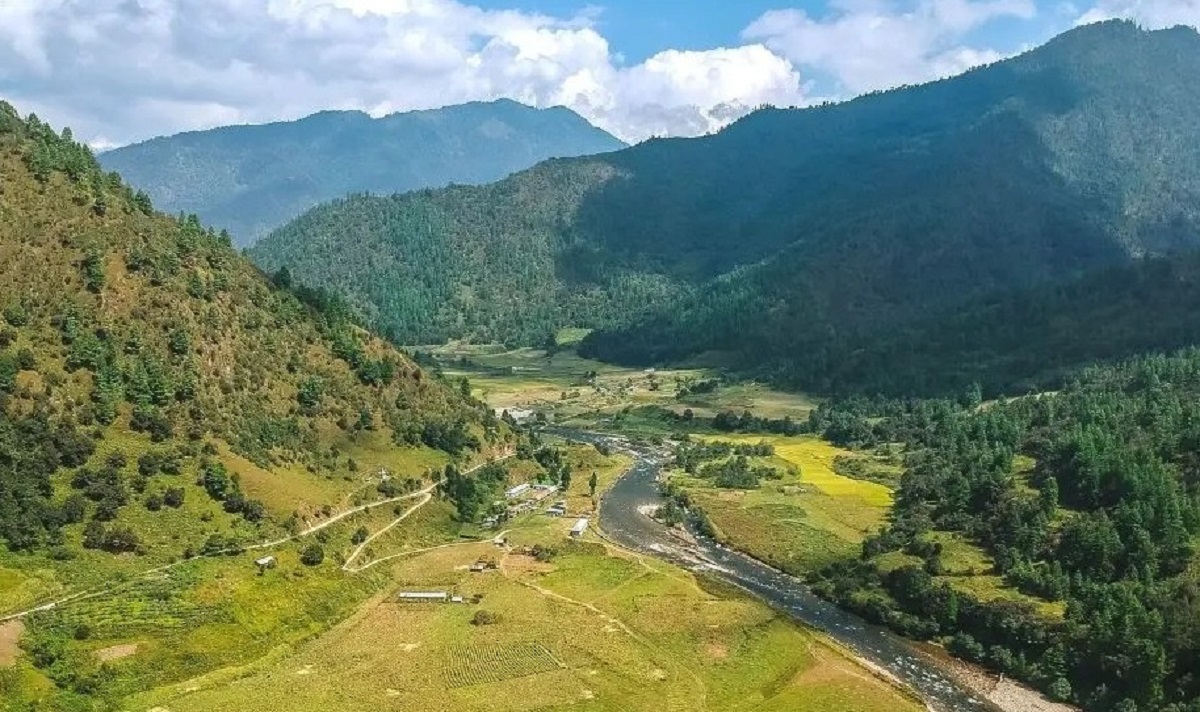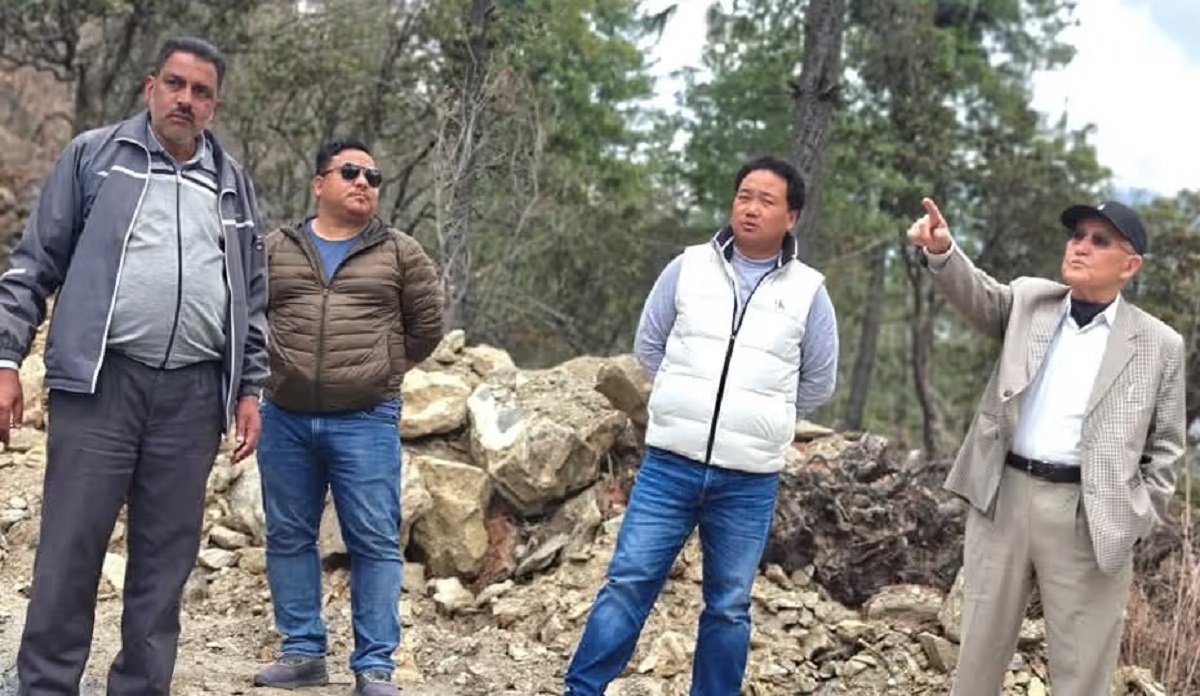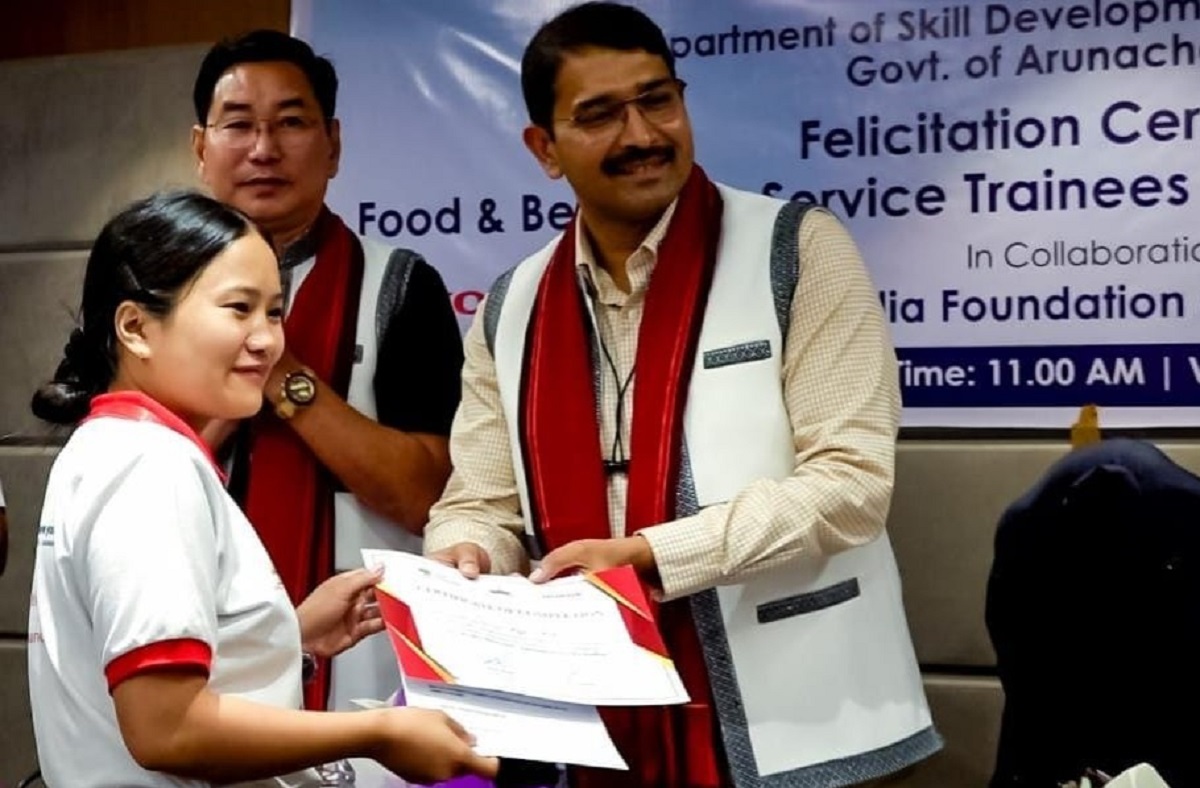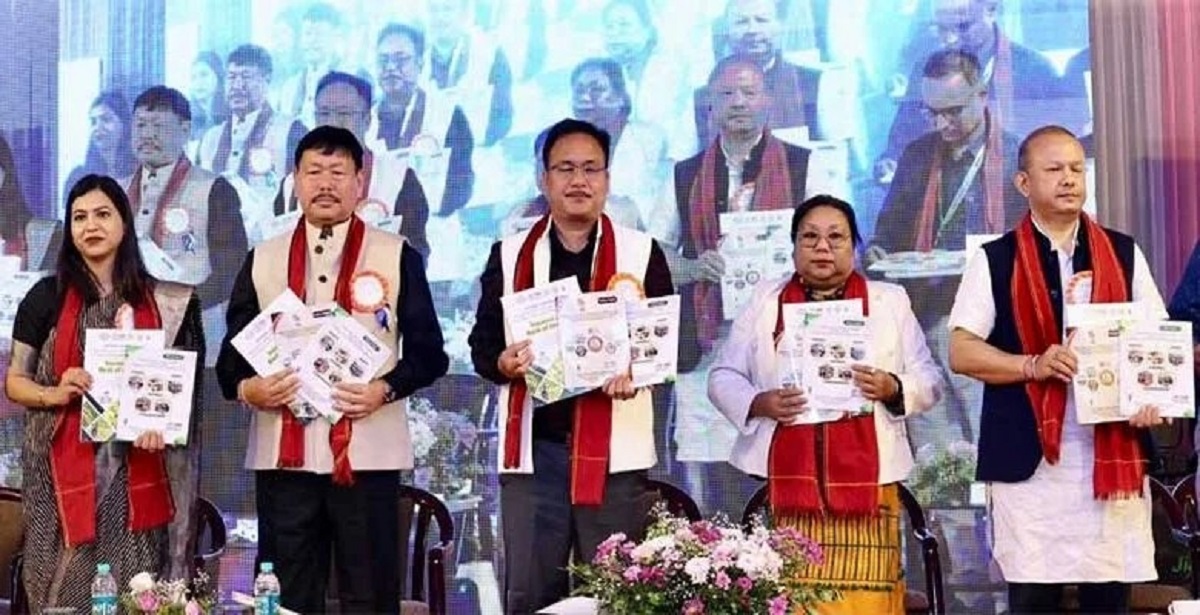The Government of Arunachal Pradesh has introduced two landmark policies—the Tourism Policy 2025-30 and the Agricultural Policy 2025-35—aimed at fostering sustainable economic growth through tourism expansion and agricultural modernization.
The Tourism Policy 2025-30 prioritizes infrastructure development, niche tourism promotion, local community empowerment, and eco-friendly practices to make Arunachal Pradesh a premier travel destination.
Key initiatives include:
Infrastructure & Connectivity: Strengthening road networks, promoting eco-friendly accommodations, and enhancing digital tourism platforms.
Niche Tourism Development: Expanding eco-tourism, adventure tourism, pilgrimage circuits, farm tourism, and wine tourism.
Community Participation: Supporting homestays, handicrafts, and rural tourism to generate employment and boost local economies.
Sustainable Tourism: Implementing conservation measures to minimize environmental impact.
Public-Private Partnerships (PPP): Encouraging private sector investments in hospitality, adventure sports, and cultural tourism.
Major Tourism Initiatives
The policy focuses on specific tourism sectors to attract a diverse range of travelers:
Farm & Agro-Tourism: Encouraging organic farm stays and rural tourism.
Wine Tourism: Promoting fruit-based wines such as kiwi, persimmon, and guava in collaboration with national wine associations.
Spiritual & Pilgrimage Tourism: Developing Buddhist heritage circuits linking Tawang Monastery, Kanzimane, Chumi Gyatse, and Parsuram Kund.
Adventure & Eco-Tourism: Strengthening trekking, rafting, paragliding, and wildlife tourism.
Hot Springs & Wellness Tourism: Establishing eco-wellness retreats and AYUSH-based naturopathy centers.
By integrating these measures, the policy aims to increase tourist footfall, generate employment in hospitality and tourism services, and significantly boost the state’s economy.
The Agricultural Policy 2025-35 introduces modern farming techniques, irrigation enhancements, and market-linked approaches to improve agricultural productivity, food security, and commercial farming.
Expansion of Cultivable Land: Converting traditional jhum cultivation into sustainable farming through land terracing.
Irrigation & Water Conservation: Implementing water harvesting techniques to improve irrigation.
Enhancing Productivity: Distributing certified seeds, promoting multi-cropping, and adopting high-yield varieties.
Farm Mechanization: Reducing labor-intensive practices by introducing modern farming equipment.
Youth Engagement: Encouraging young entrepreneurs in contract farming and agribusiness startups.
Community Farm-Fencing: Preventing crop damage from wild and domestic animals.
Farmer & SHG Empowerment: Strengthening Self-Help Groups (SHGs) and Farmer Producer Organizations (FPOs).
Organic & Cash Crop Promotion: Expanding cultivation of tea, rubber, coffee, and oil palm to boost rural incomes.
Both policies align with the Atmanirbhar Bharat vision by promoting local entrepreneurship, skill development, and self-sufficiency in tourism and agriculture. By fostering innovation and sustainable practices, Arunachal Pradesh aims to set a benchmark for economic growth while preserving its rich cultural and natural heritage.




